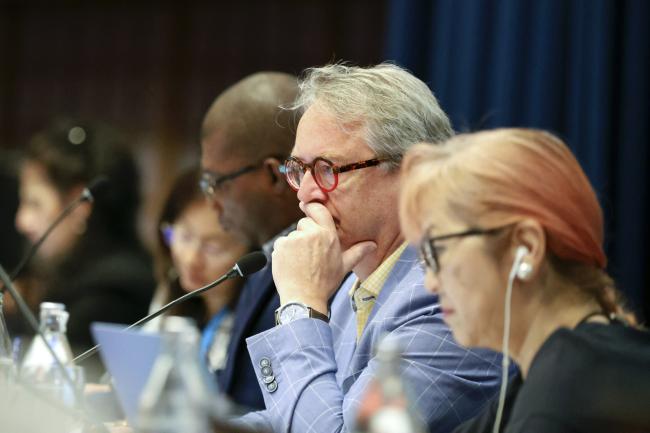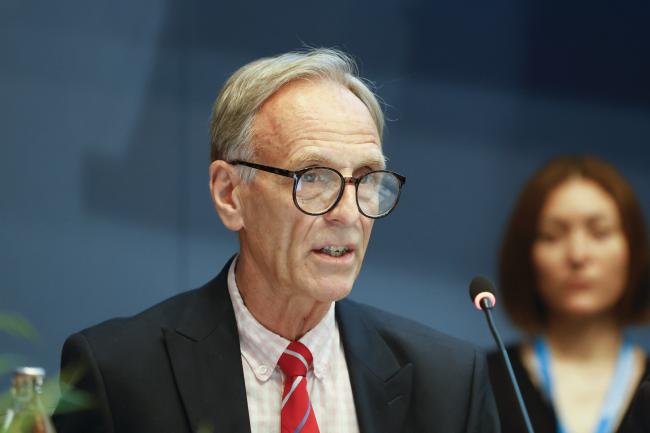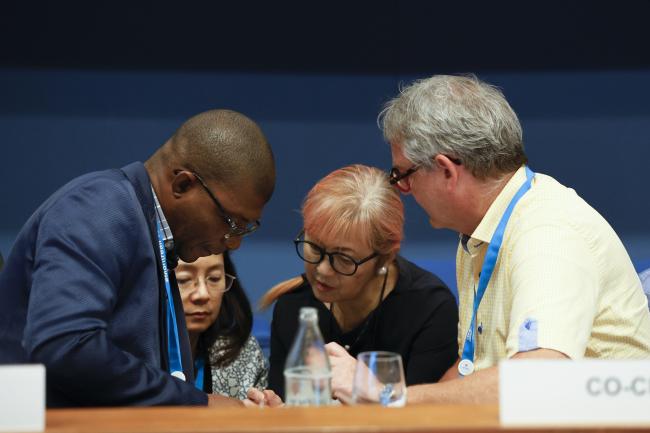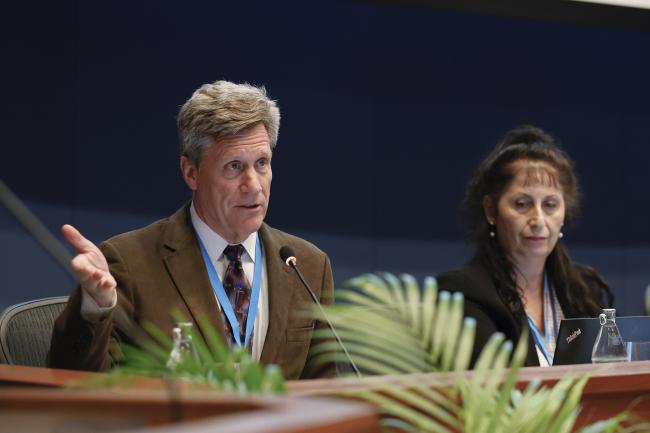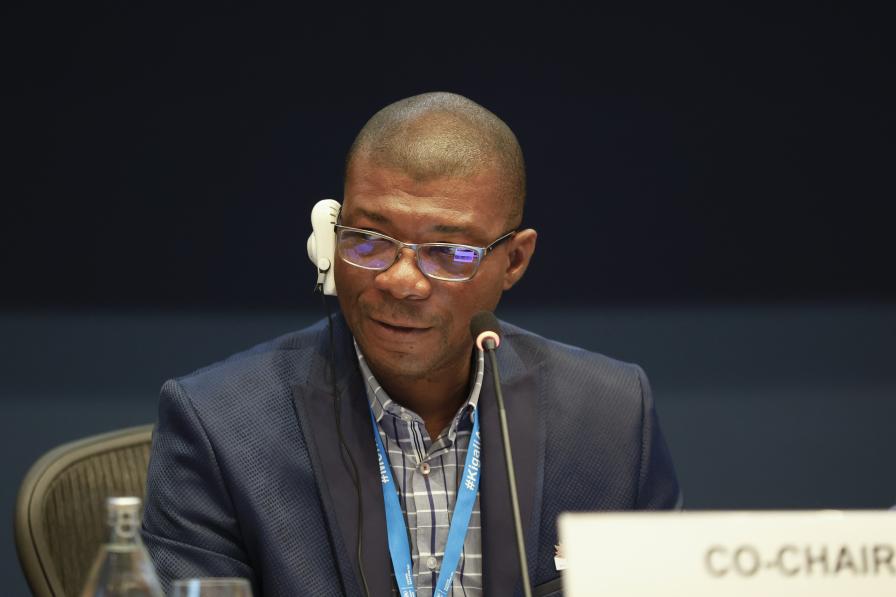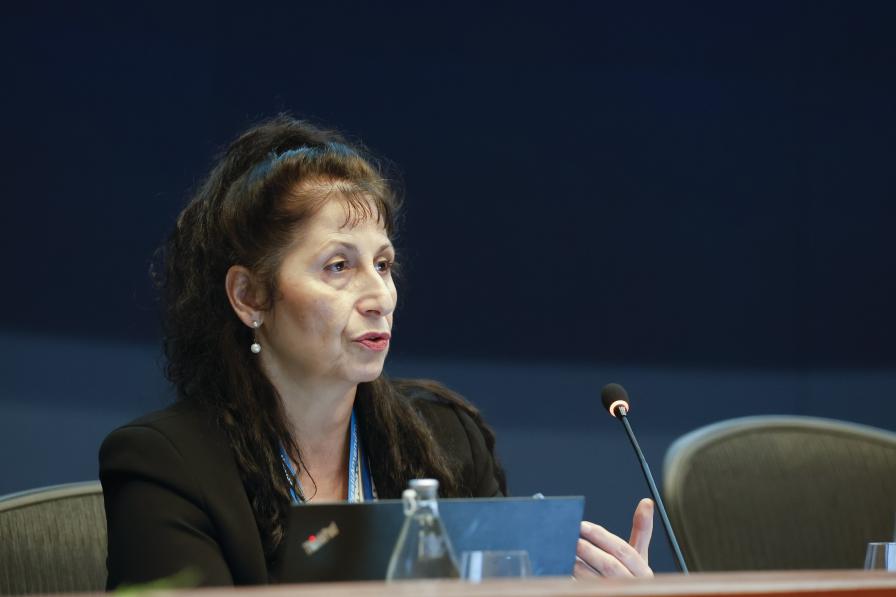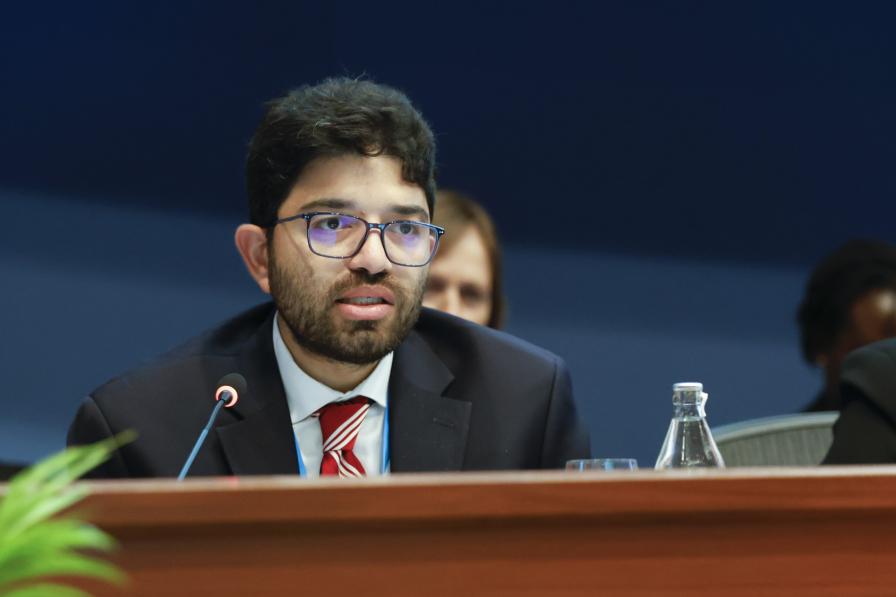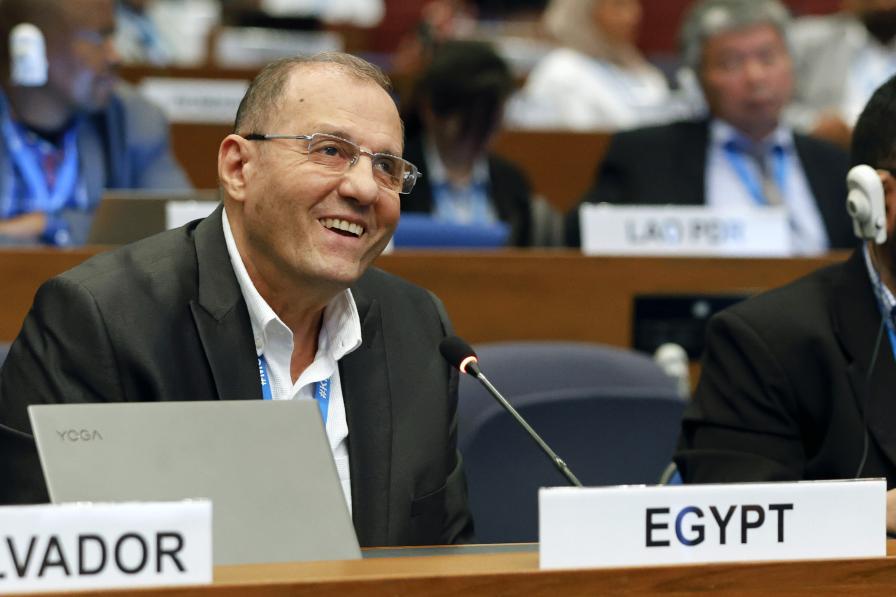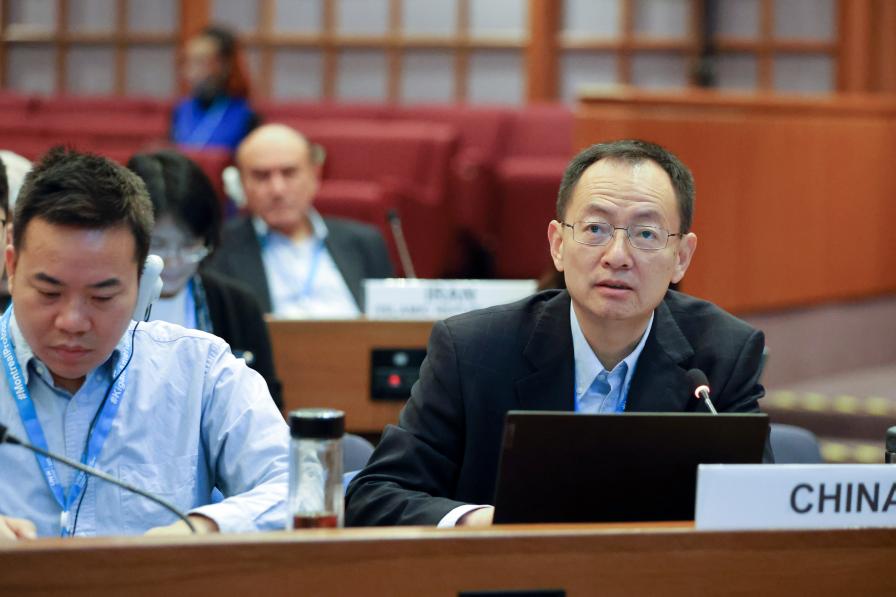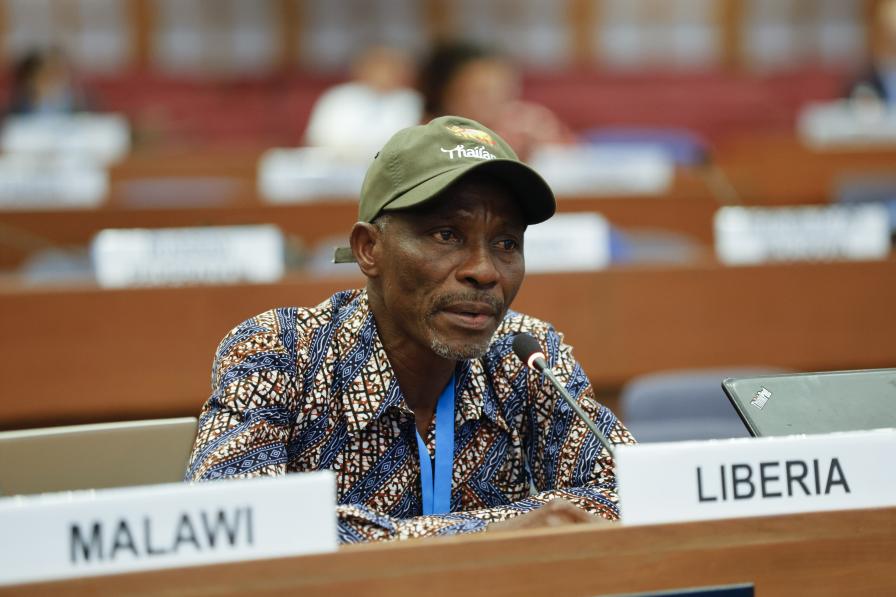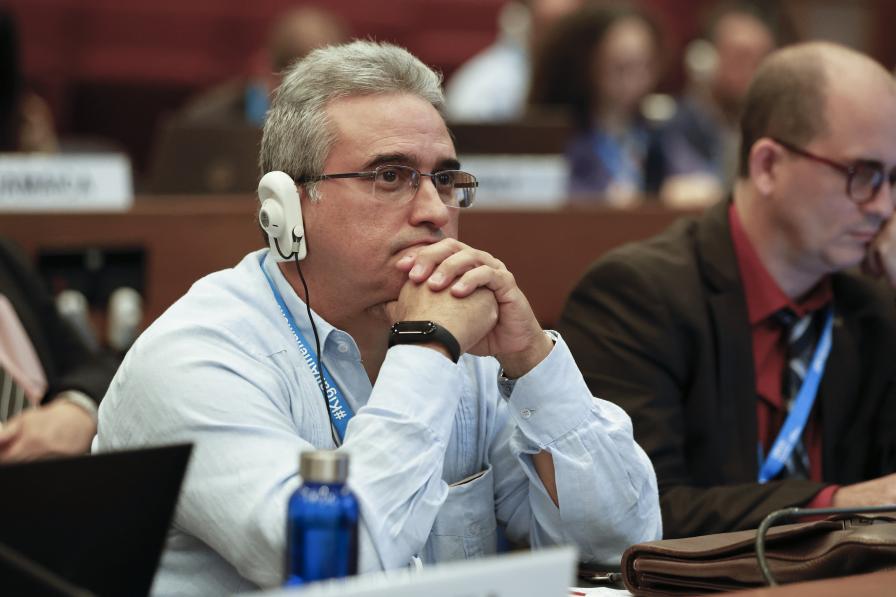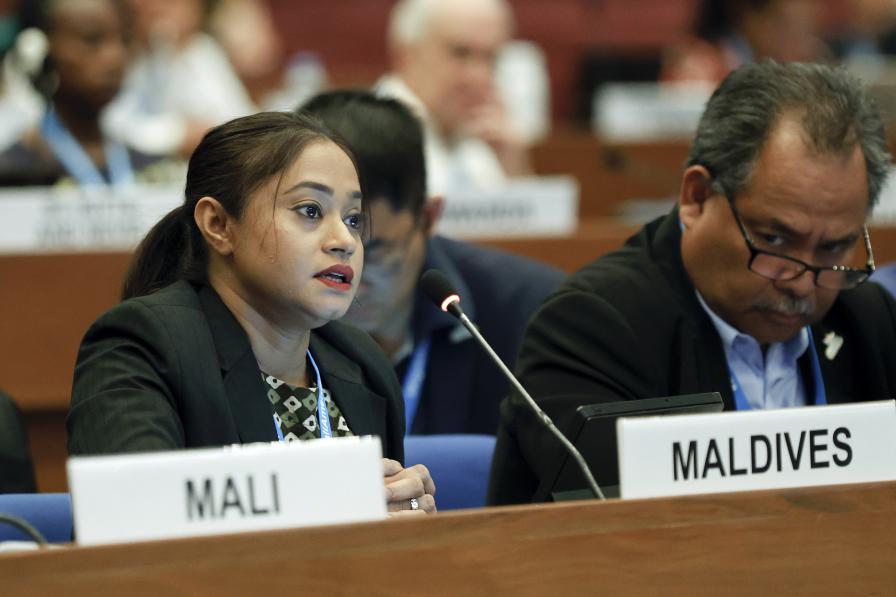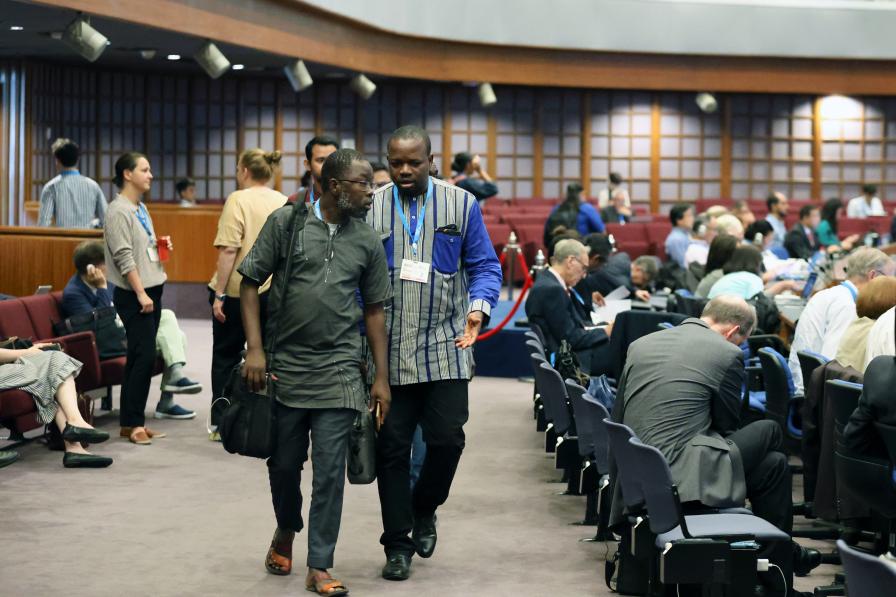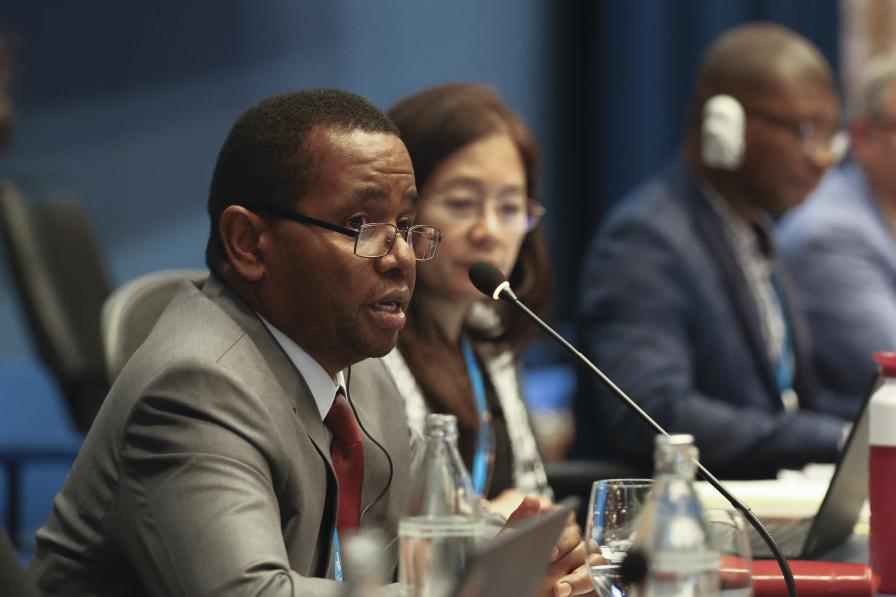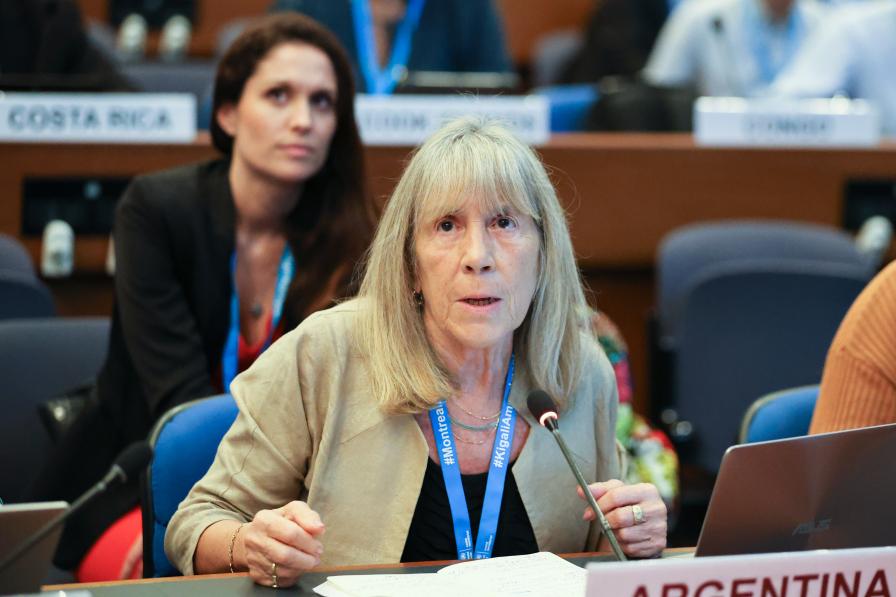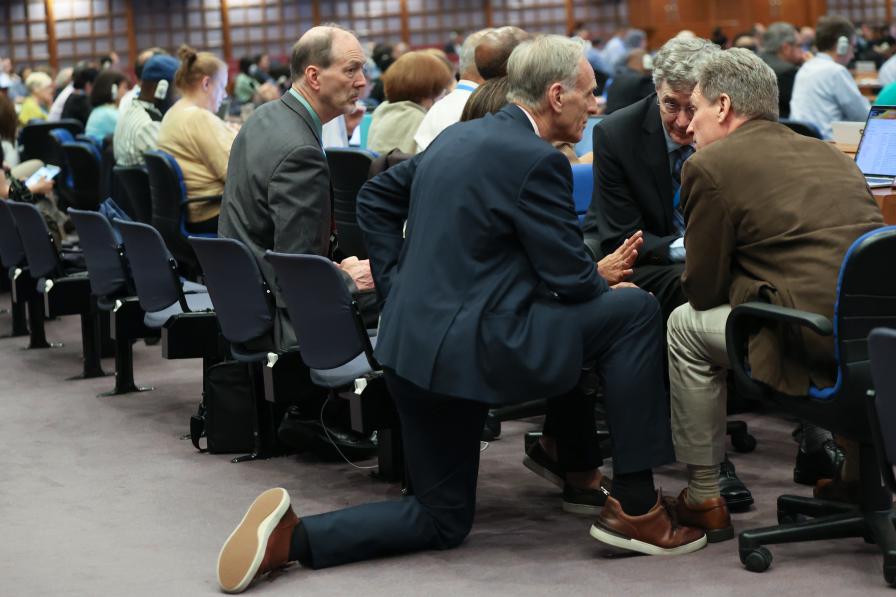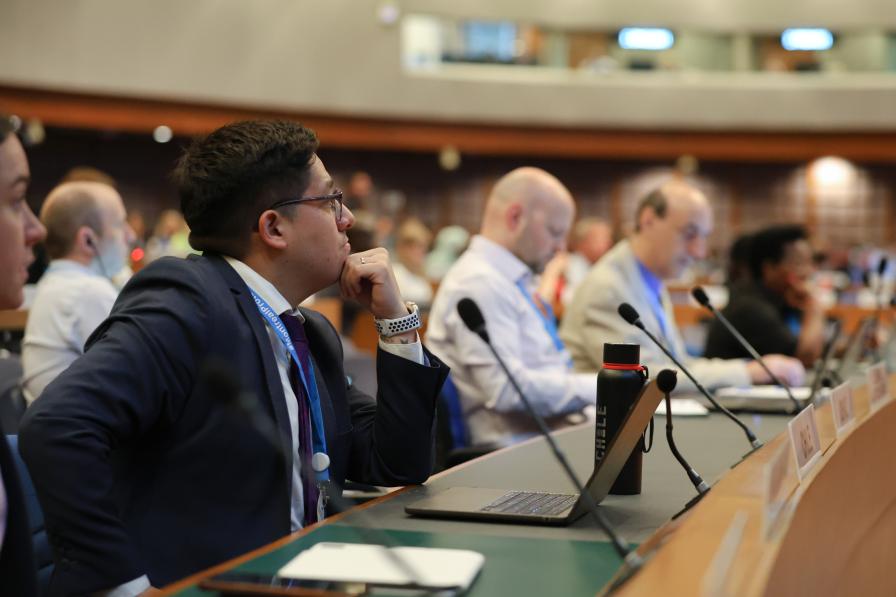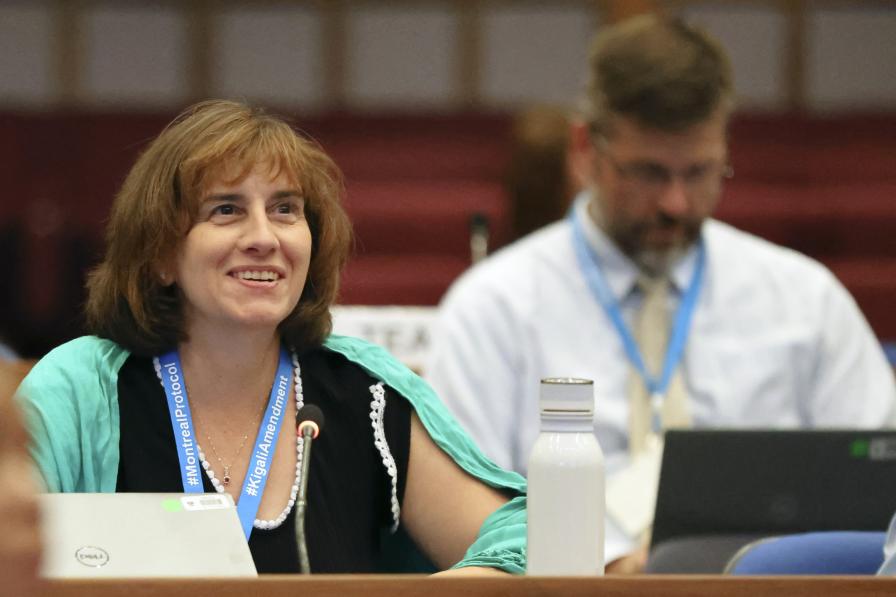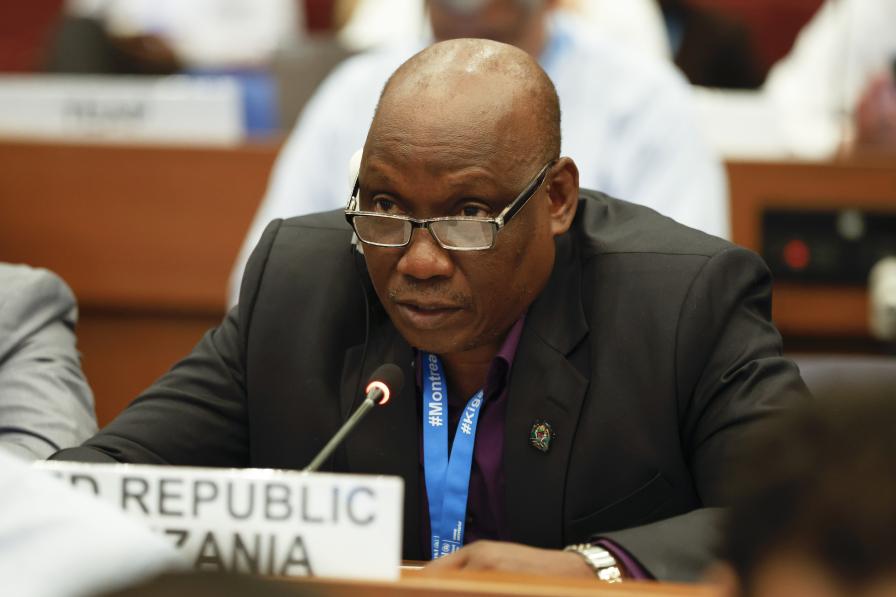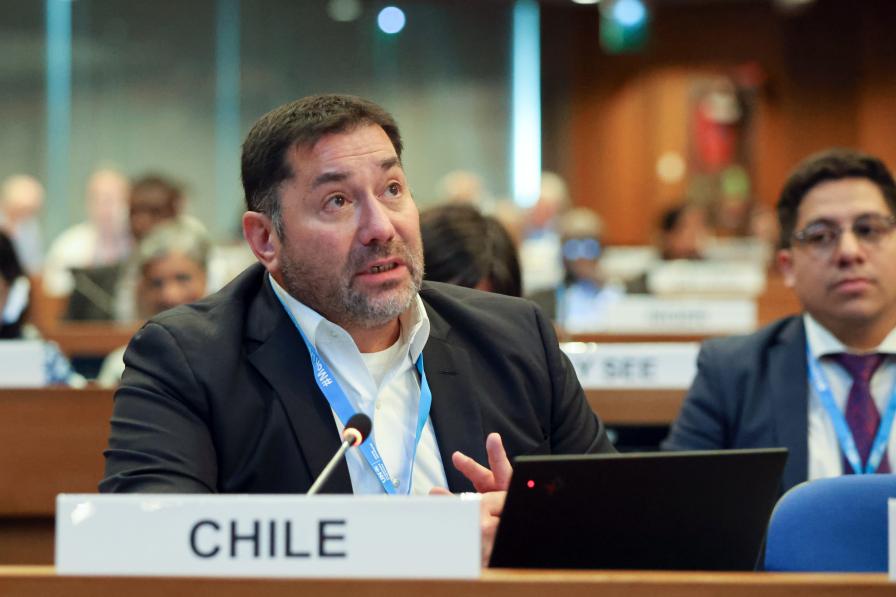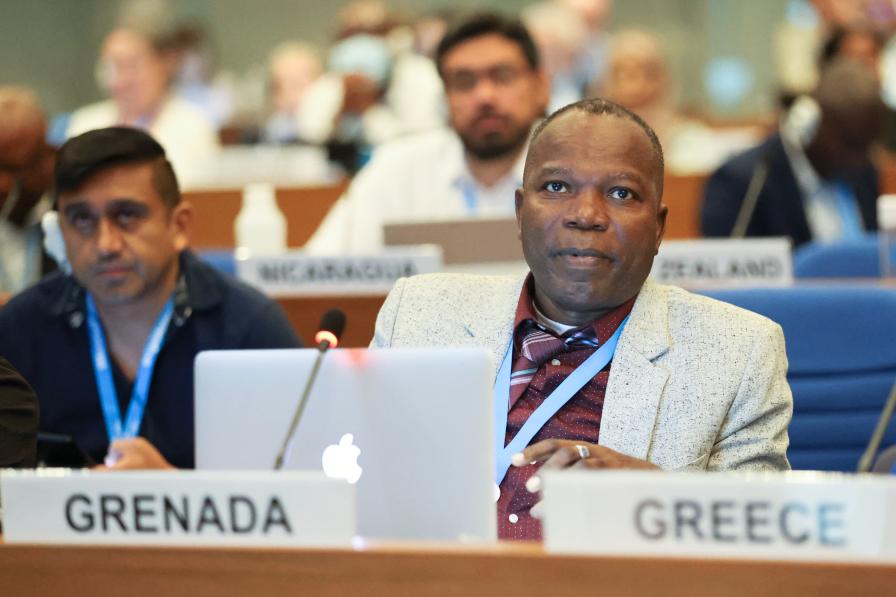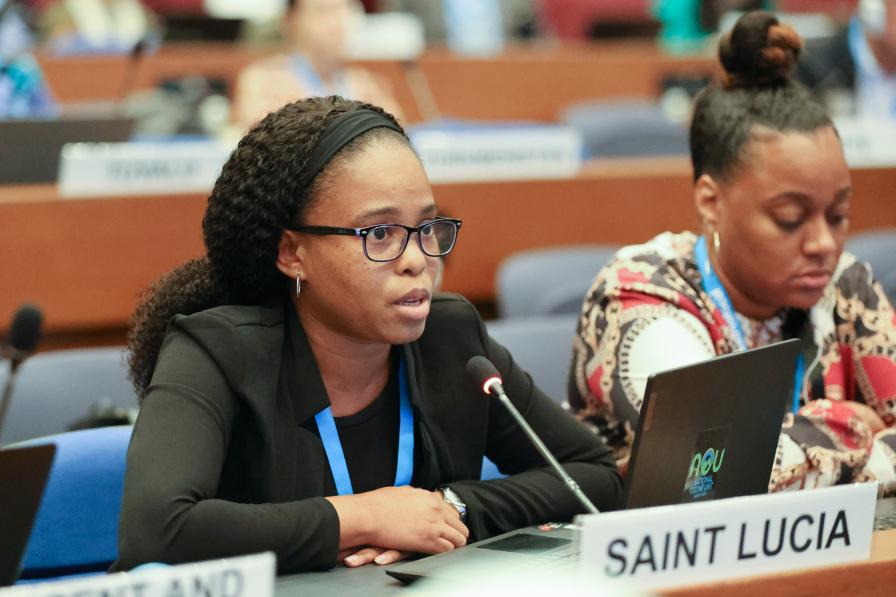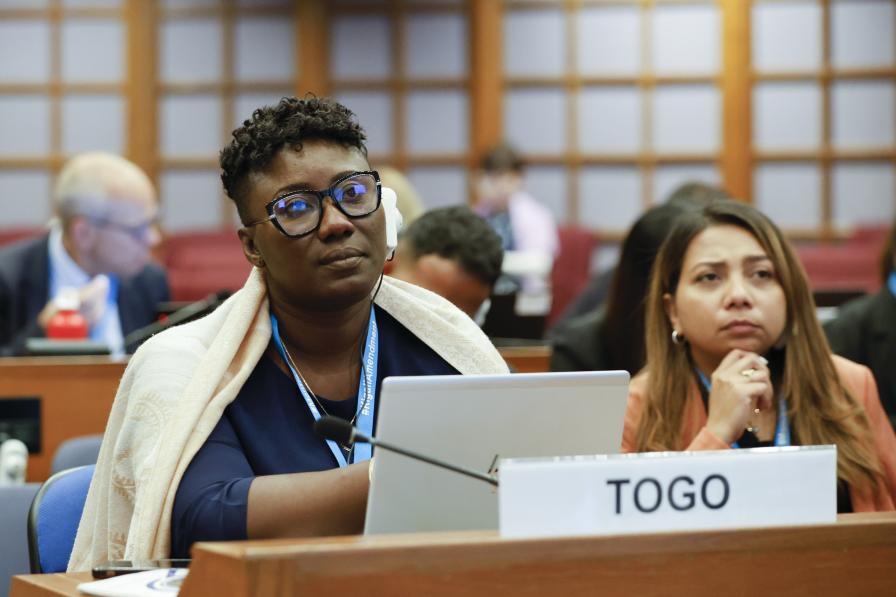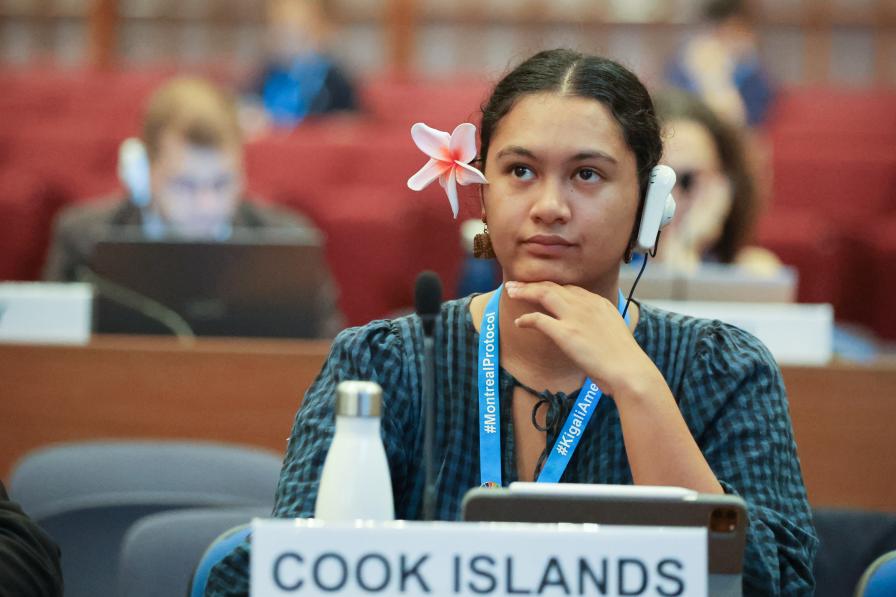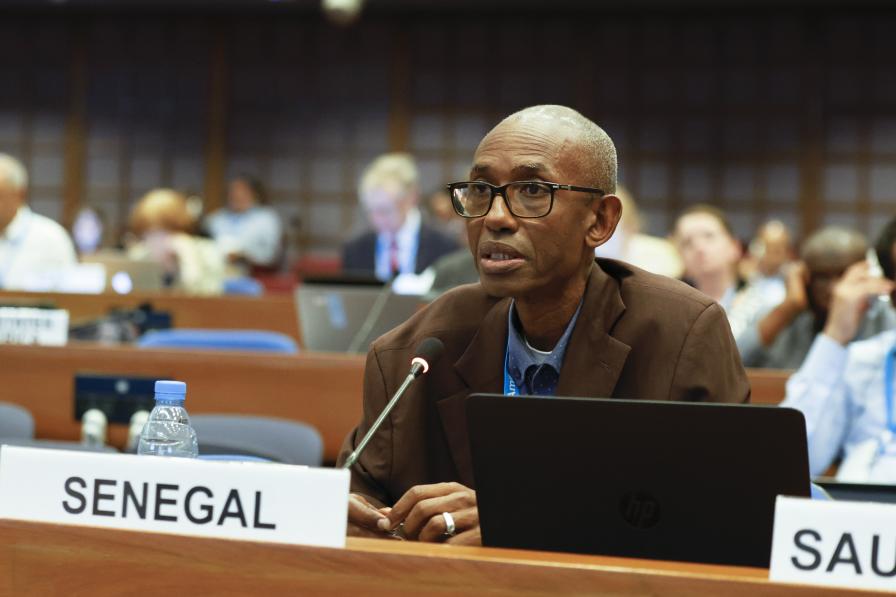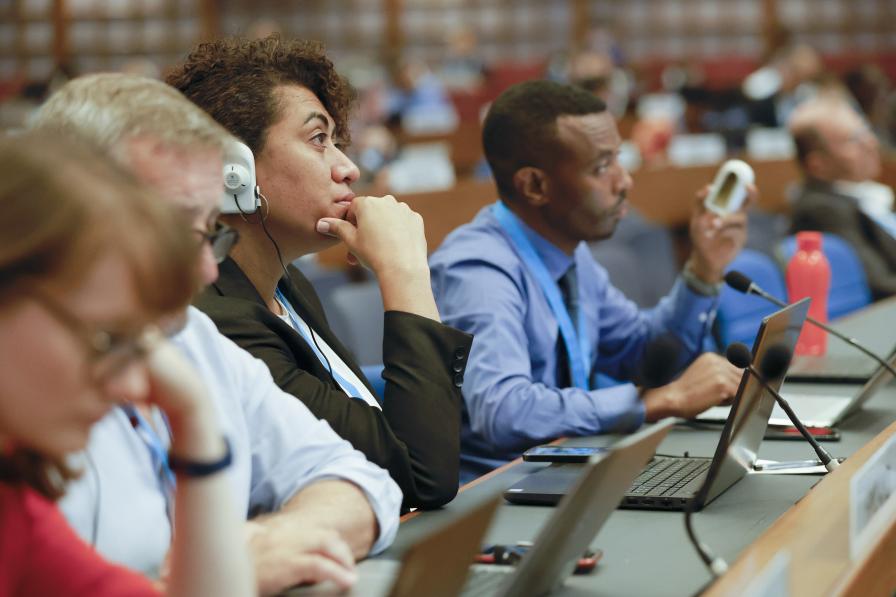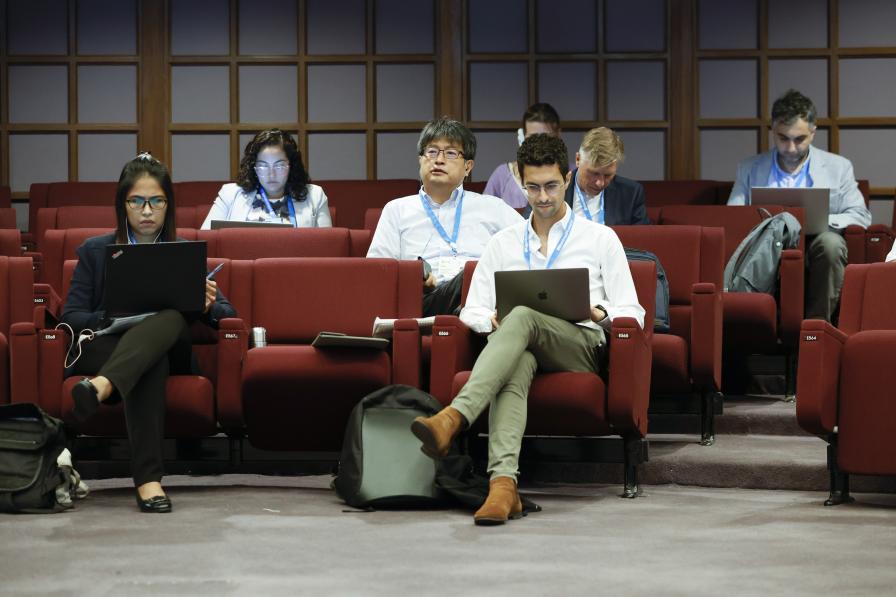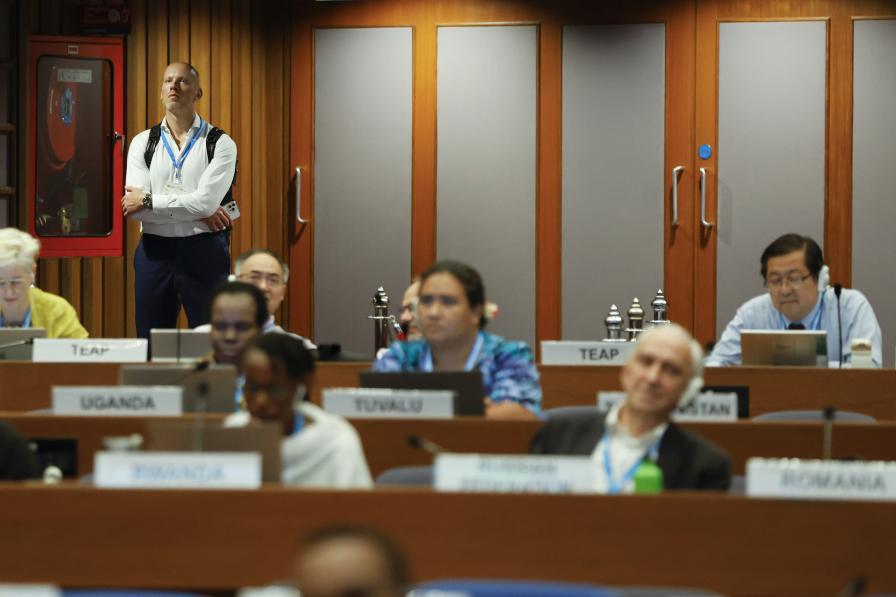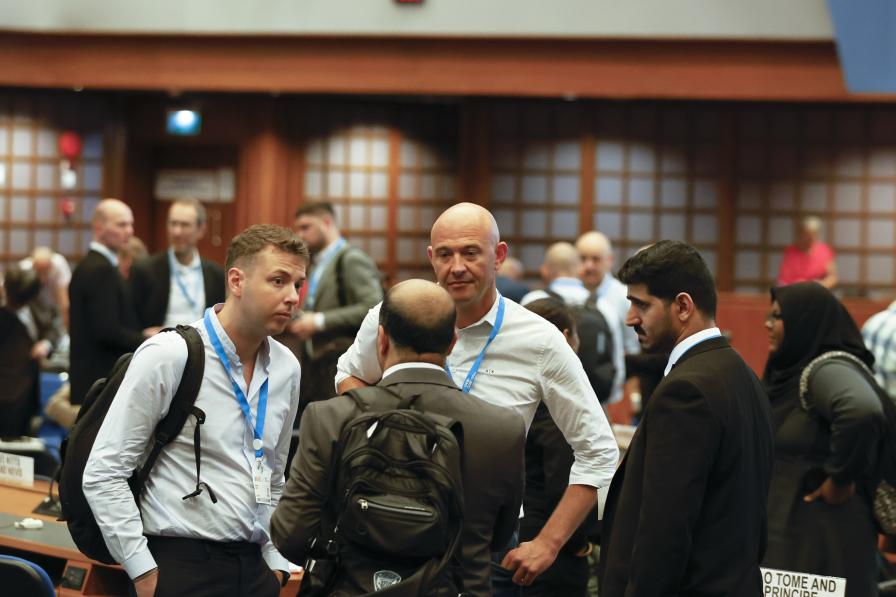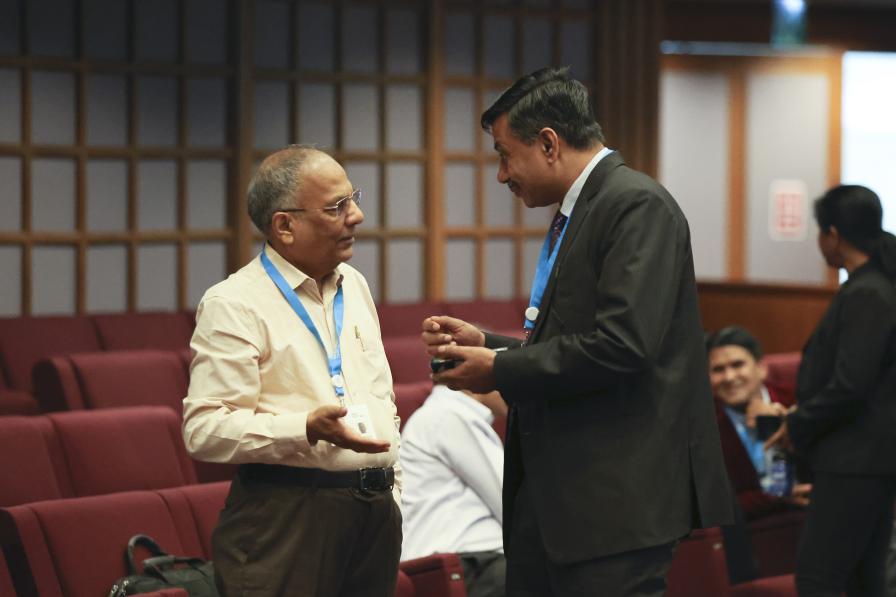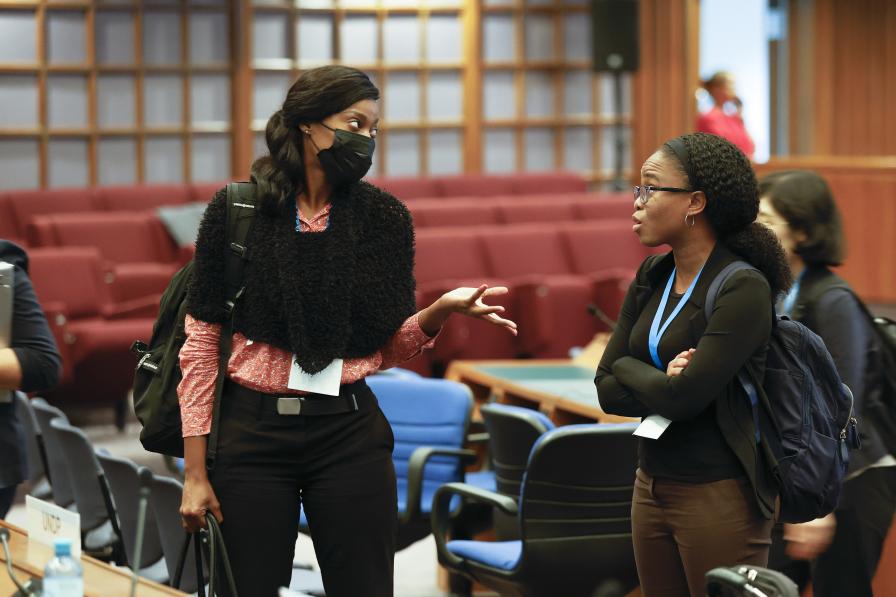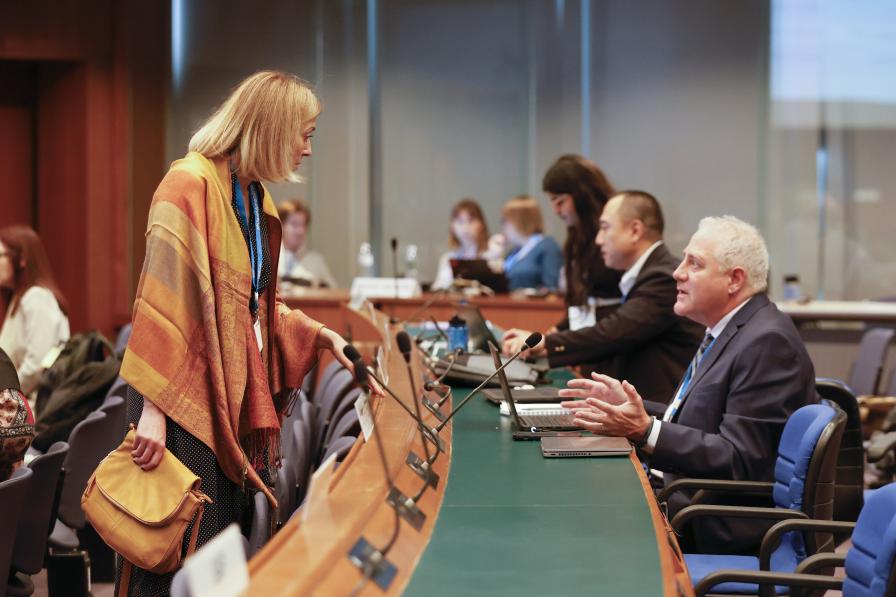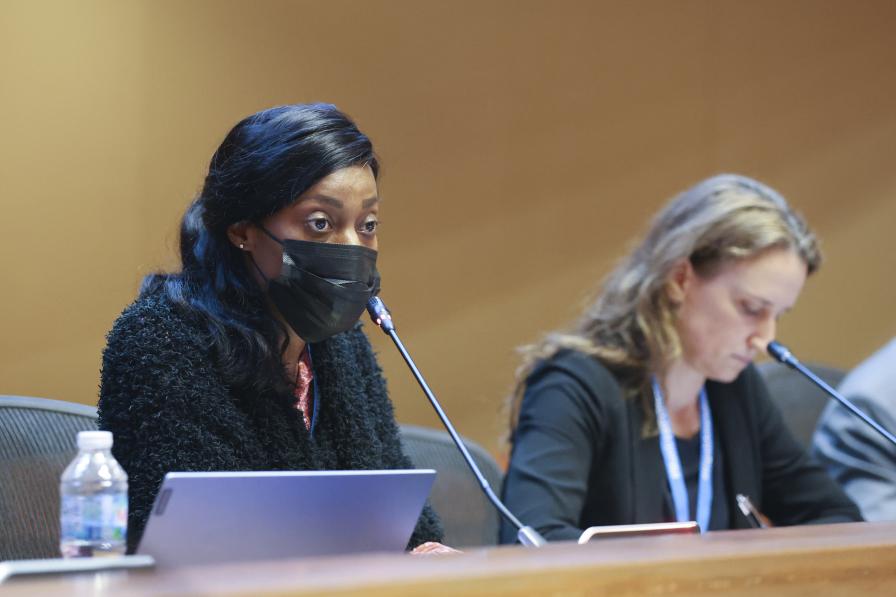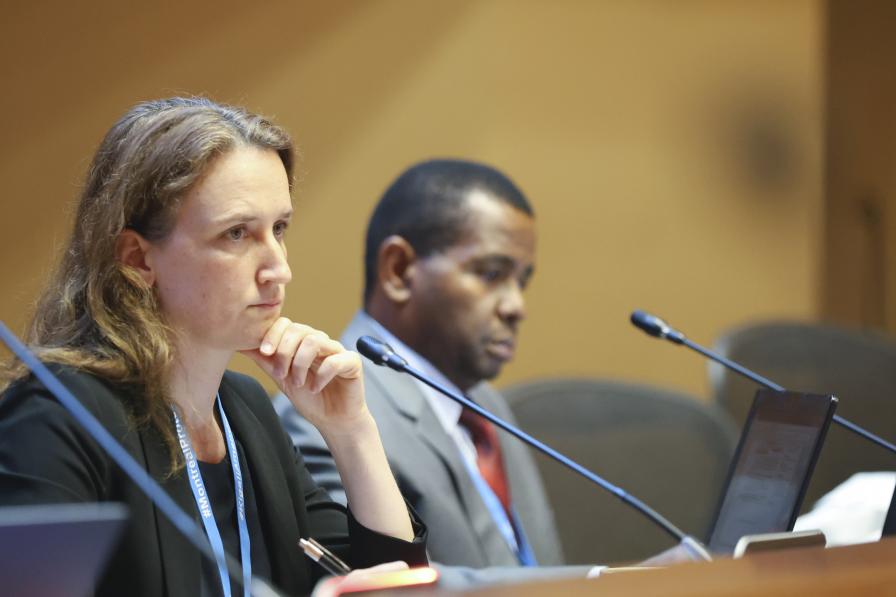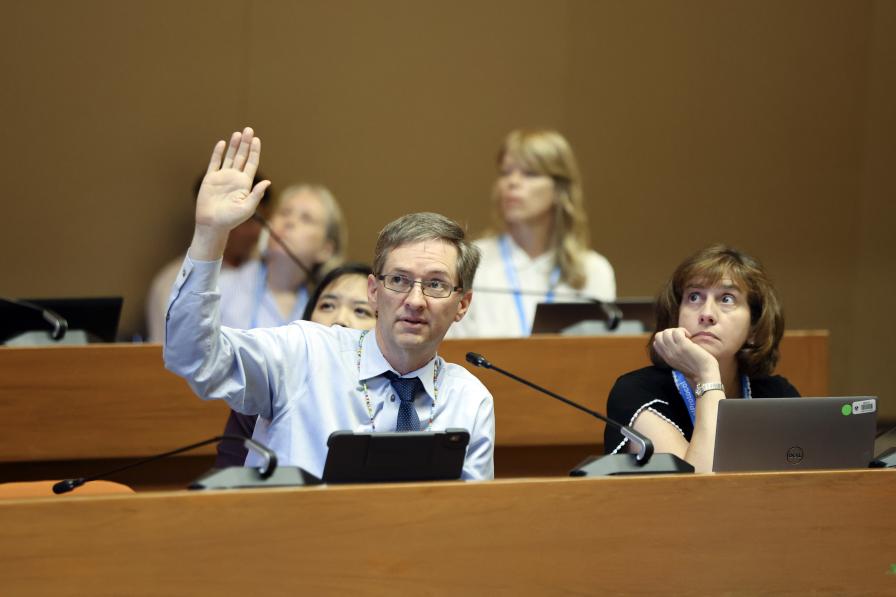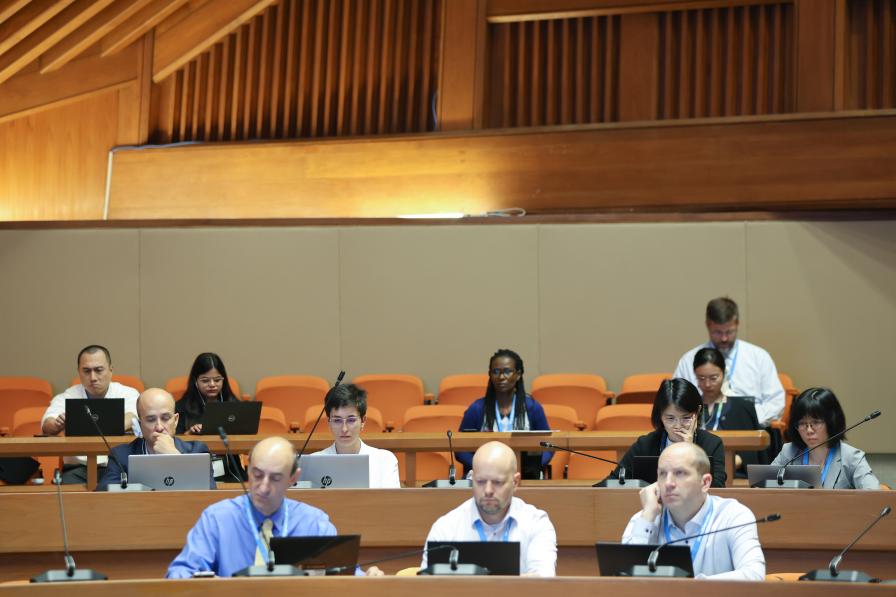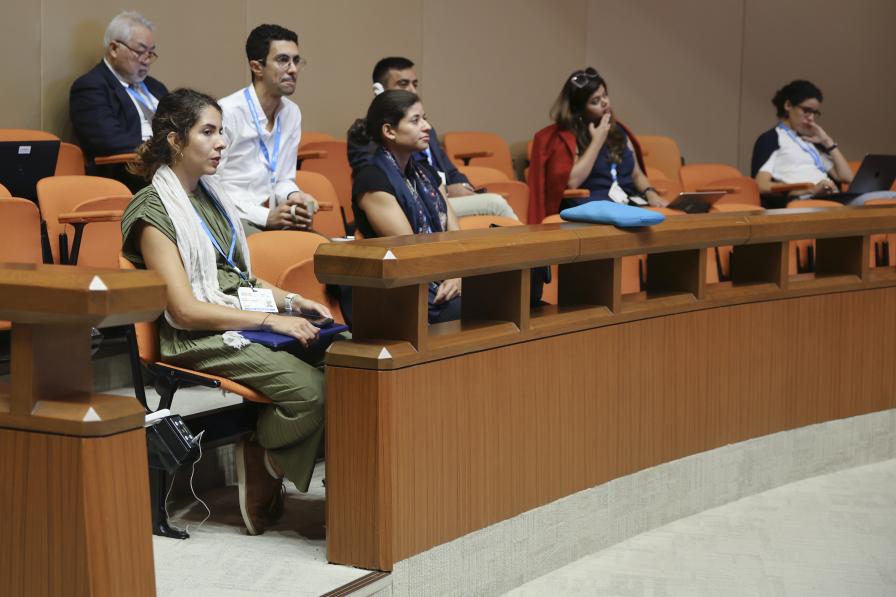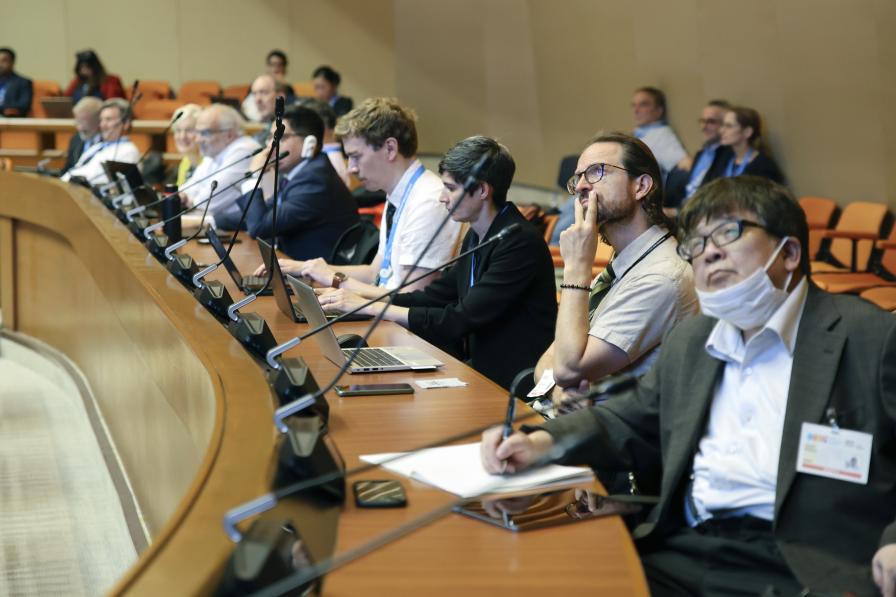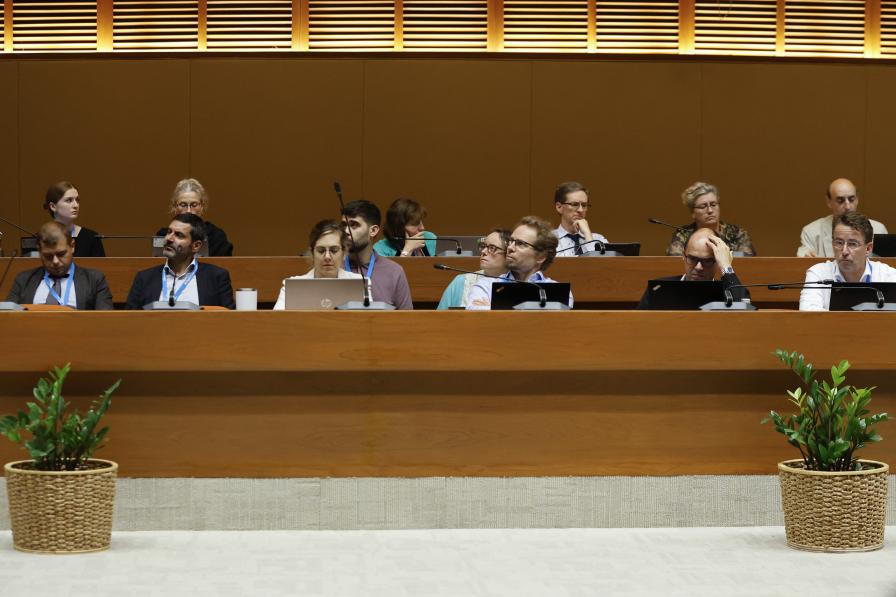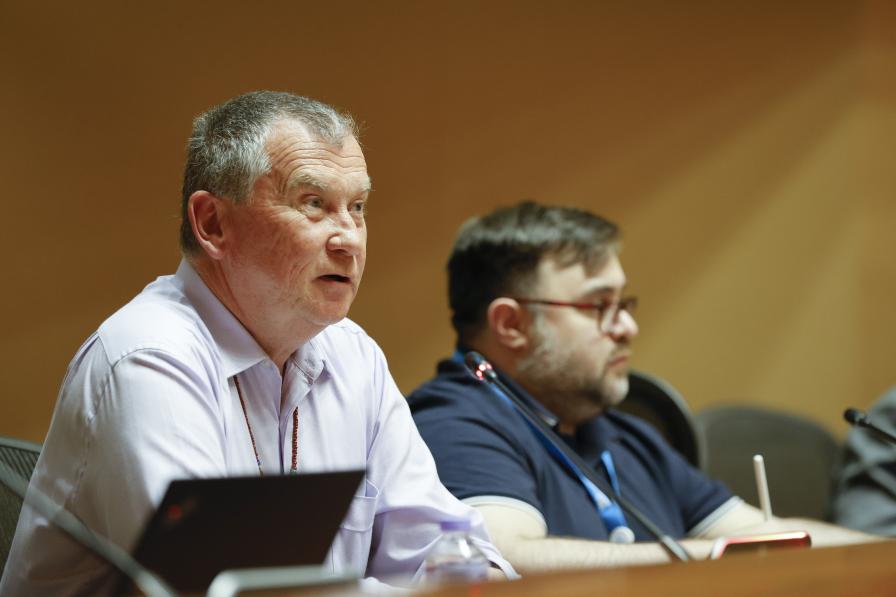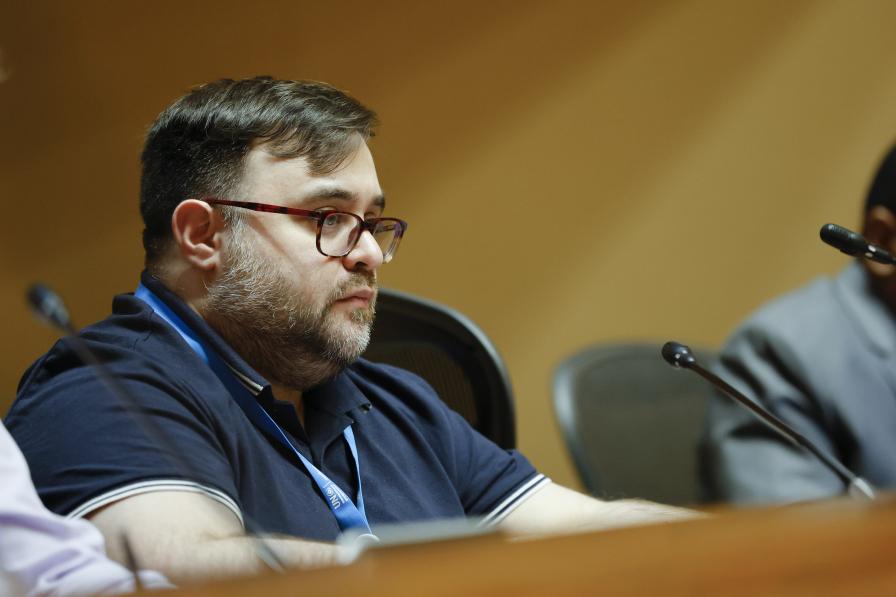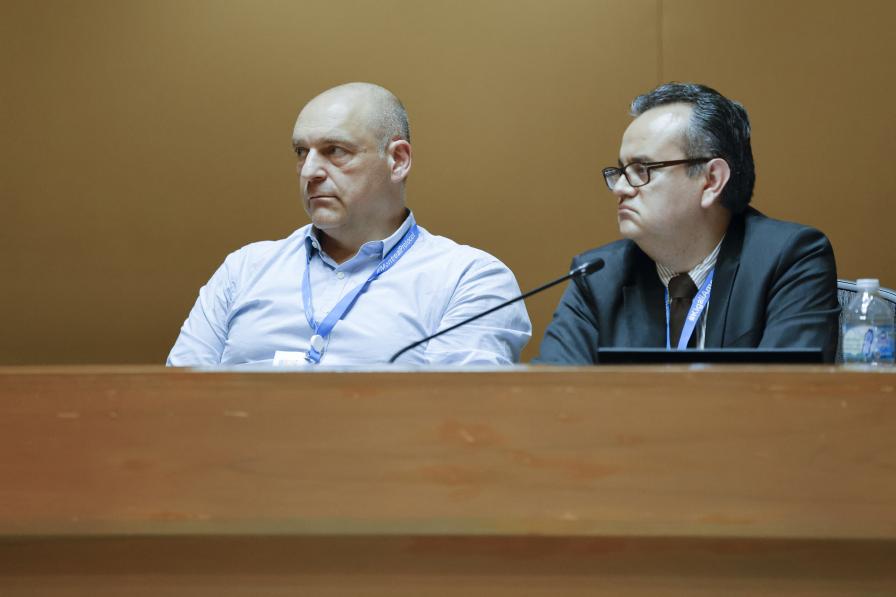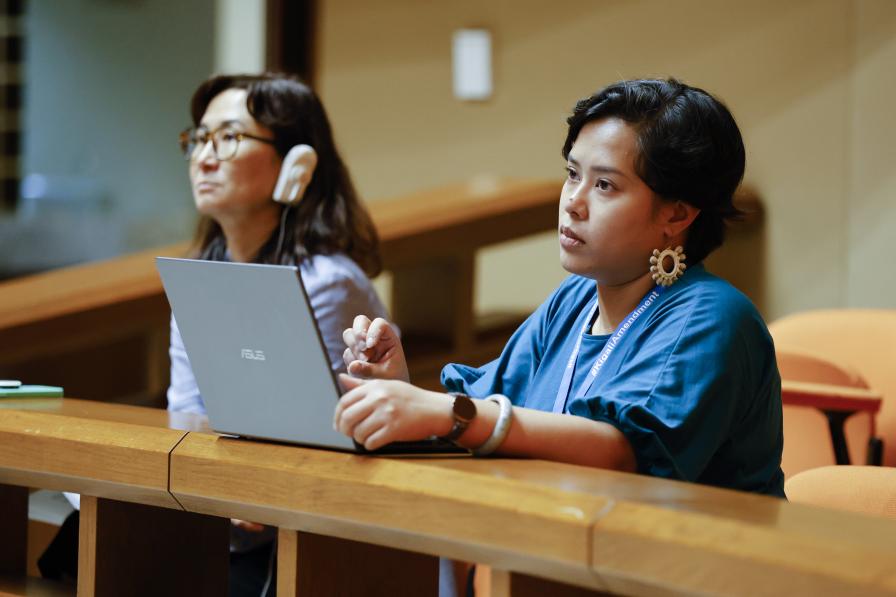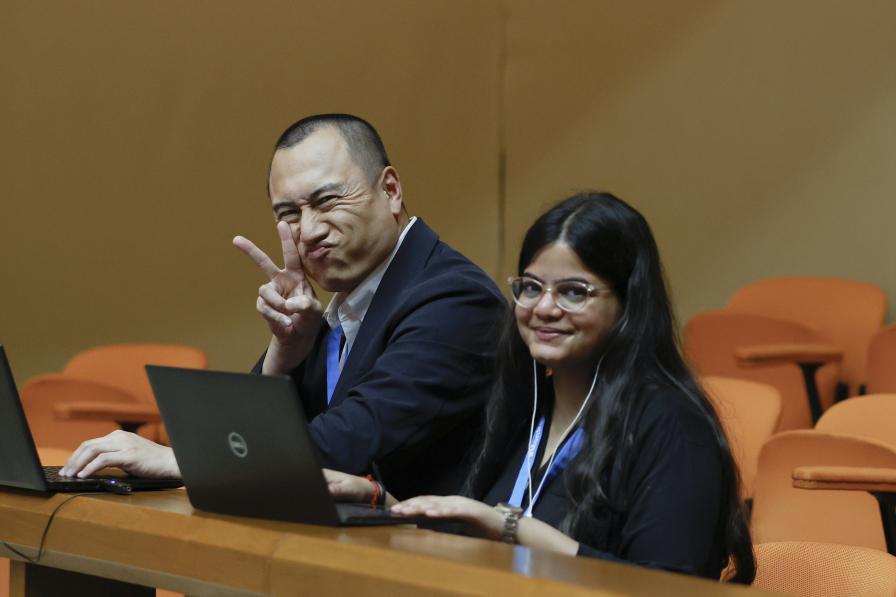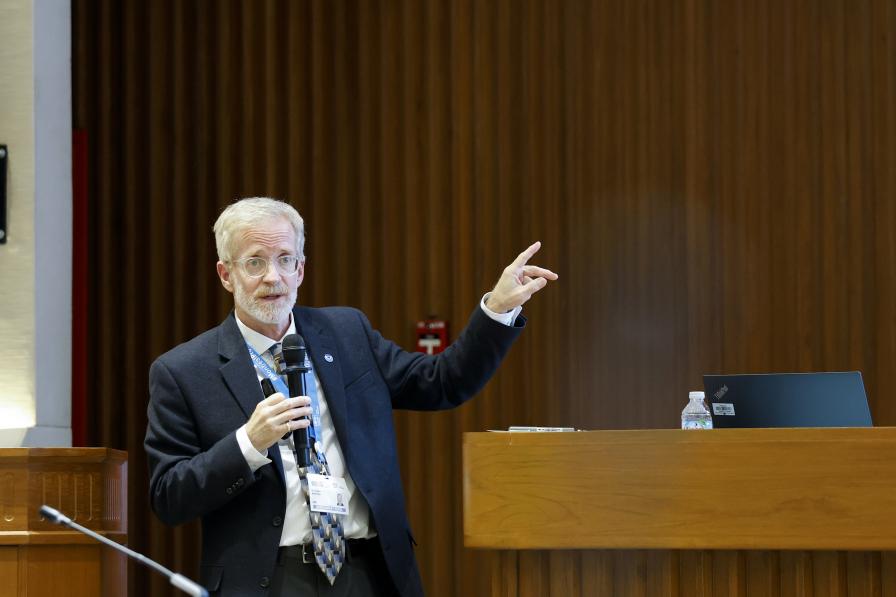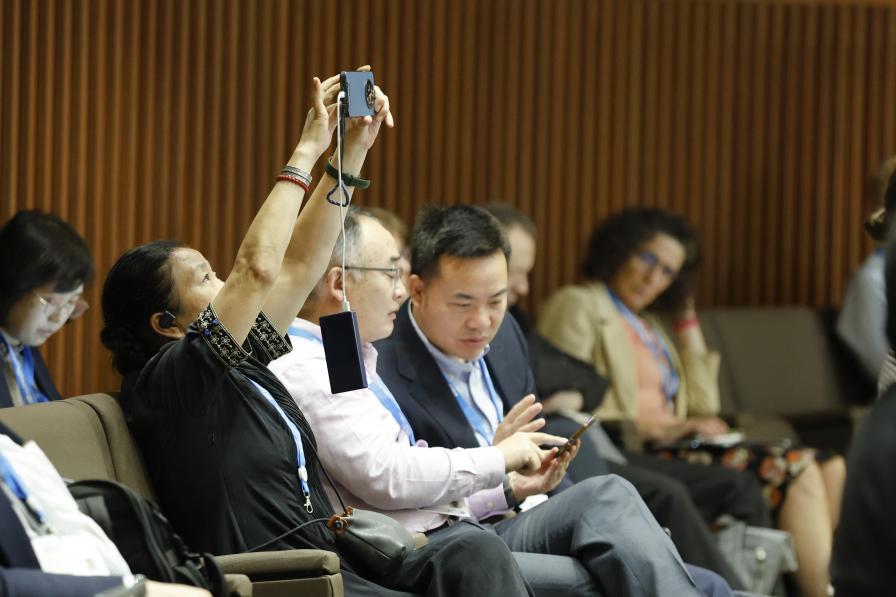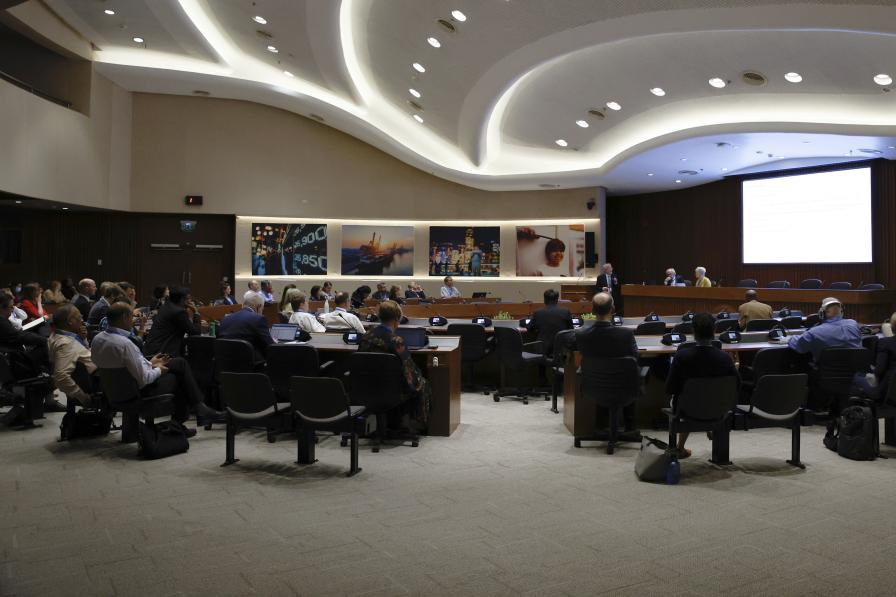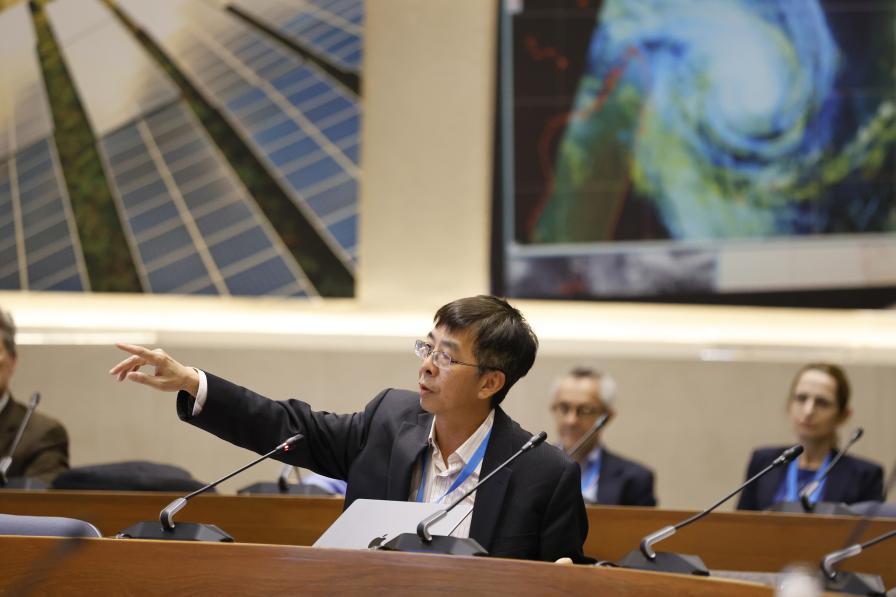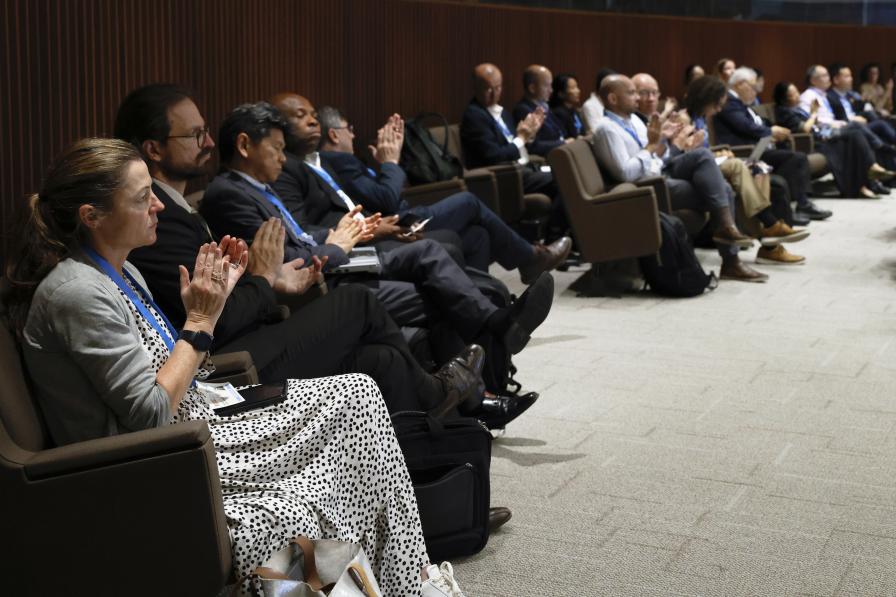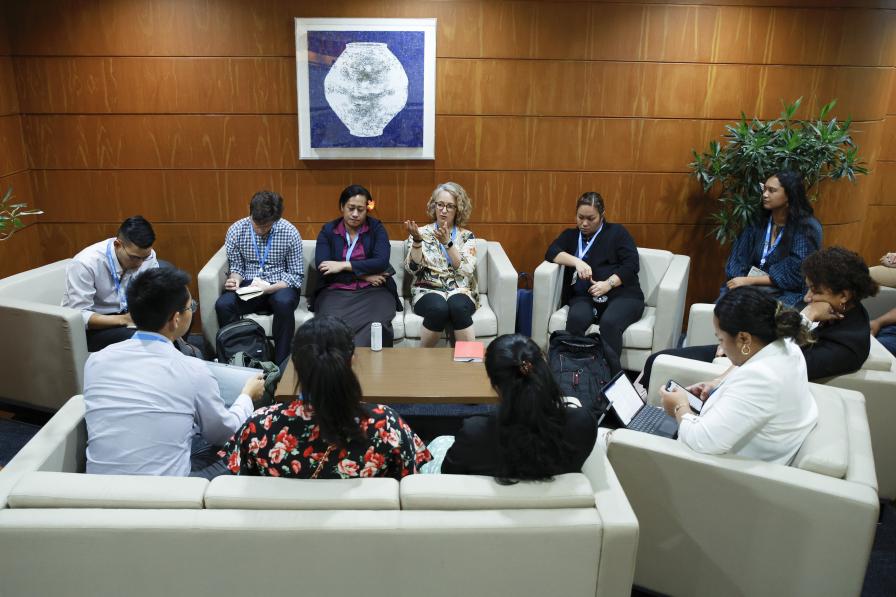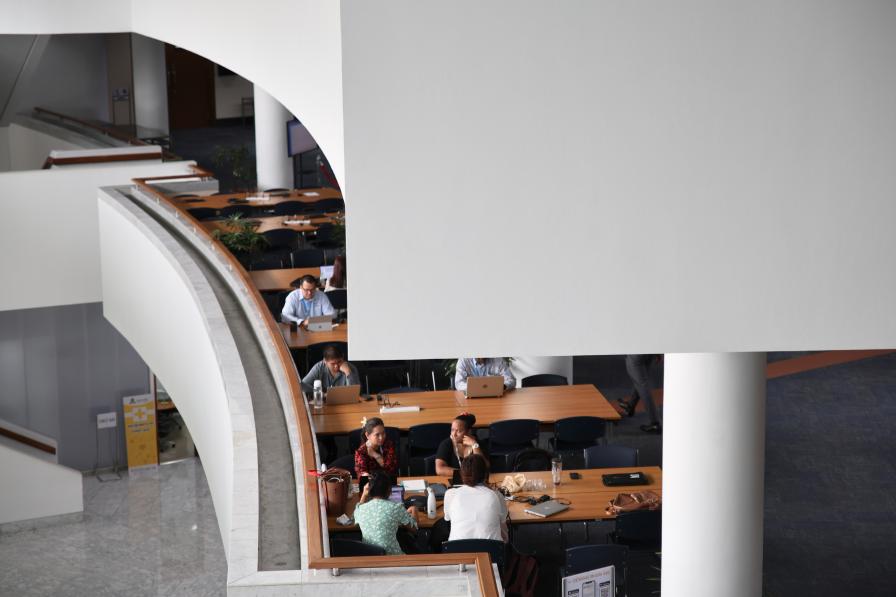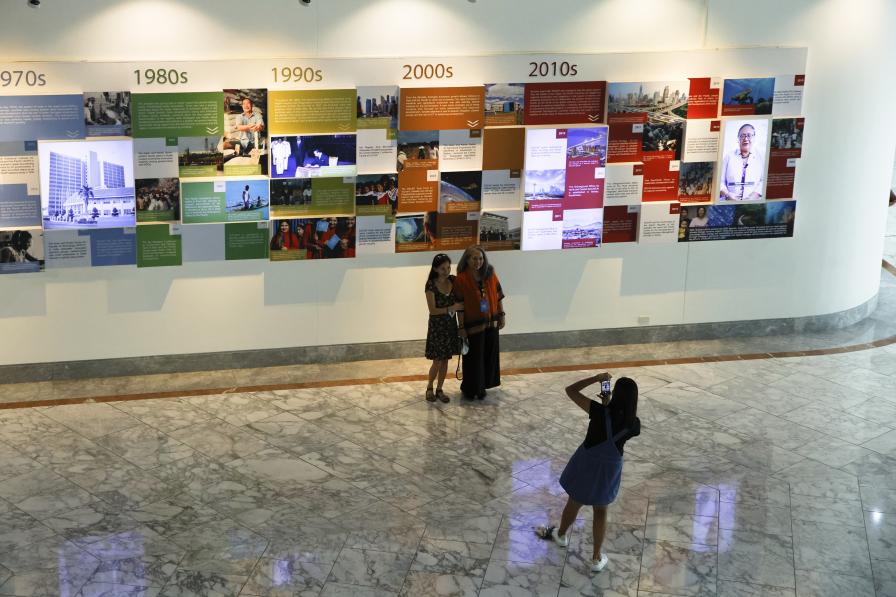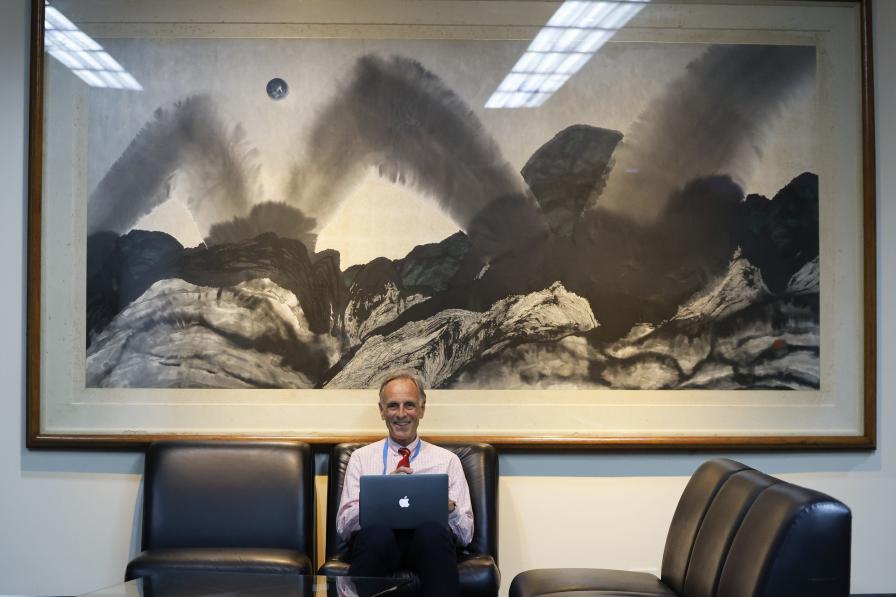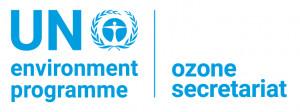Different interpretations of current developments under the Montreal Protocol hovered over conference rooms during the third day of the forty-fifth meeting of the Open-ended Working Group (OEWG 45) of the Parties to the Montreal Protocol on Substances that Deplete the Ozone Layer.
The underlying difference in interpreting the Protocol is not a new issue. It resurfaced in the morning, when delegates discussed whether the Technology and Economic Assessment Panel (TEAP) should be requested to provide further information on dichloromethane and other very short-lived substances (VSLS). Many developing country Parties questioned whether these substances fall under the scope of the Protocol. Some also advocated for a prioritization of compliance issues under the Montreal Protocol including issues related to illegal trade. Developed country Parties highlighted that VSLS do have ozone depleting potential. The Scientific Assessment Panel (SAP) noted that its report provides a hypothetical scenario under which a reduction of VSLS emissions from 2023 would increase stratospheric ozone by 0.3%. The issue will continue to be discussed on the margins of the meeting.
Parties also agreed to establish a contact group to discuss the proposal by Cuba to provide flexibility in determining baselines under the Protocol. This would account for a decrease in hydrofluorocarbon (HFC) consumption observed in some countries as a result of reduced imports during the COVID-19 pandemic, compared to years before and after. The contact group will be co-chaired by Juan Jose Galeano (Argentina) and Patrick McInerney (Australia).
Further, contact group Co-Chairs reported on progress in discussions regarding:
- potential areas of focus for the 2026 quadrennial assessment;
- HFC-23 emissions; and
- Multilateral Fund replenishment for 2024-2026.
In the afternoon, the agenda item on the illegal import of certain refrigeration, air-conditioning and heat pump products and equipment led to heated discussions. Developing country Parties stated that this should be a discussion on dumping of obsolete equipment, an item which has been on the agenda for 28 years. Developed country Parties pointed out that equipment exported from their countries does not contain controlled substances and called on countries to introduce regulations banning the import of obsolete equipment. An informal contact group was established for further discussions, as no conference room paper had been submitted to provide guidance.
Delegates further discussed how to:
- overcome barriers to greater energy efficiency in the building, electricity and other sectors, and how greater action would benefit both the ozone layer and climate; and
- close gaps in the global coverage of atmospheric monitoring of controlled substances and options for enhancing such monitoring.
On Thursday, delegates are expected to consider the remaining agenda items before adjourning into contact group discussions.
To receive free coverage of global environmental events delivered to your inbox, subscribe to the ENB Update newsletter.
All ENB photos are free to use with attribution. For the 45th meeting of the Open-ended Working Group of the Parties to the Montreal Protocol (OEWG45), please use: Photo by IISD/ENB | Anastasia Rodopoulou.
Contact Groups
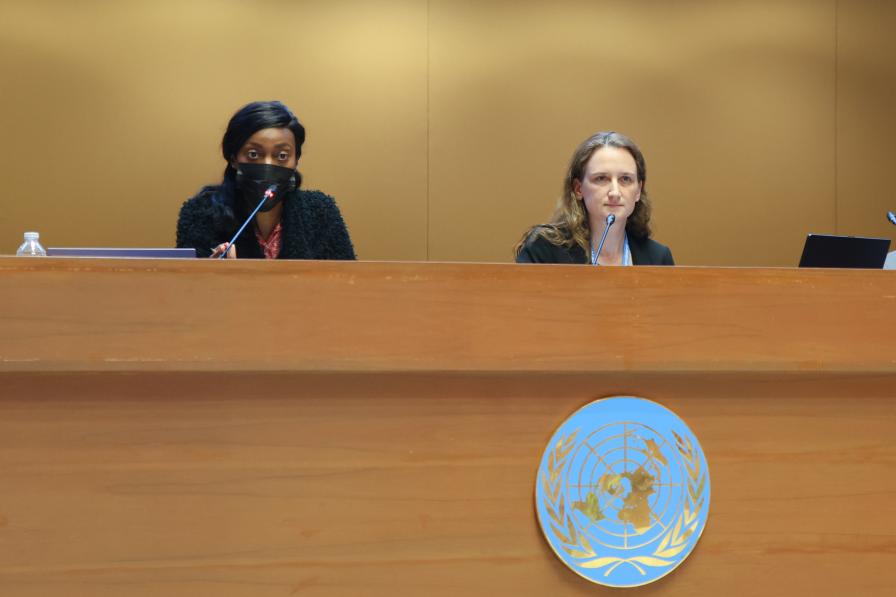
Shontelle Wellington, Barbados, and Heidi Stockhaus, Germany, facilitating the contact group on HFC-23
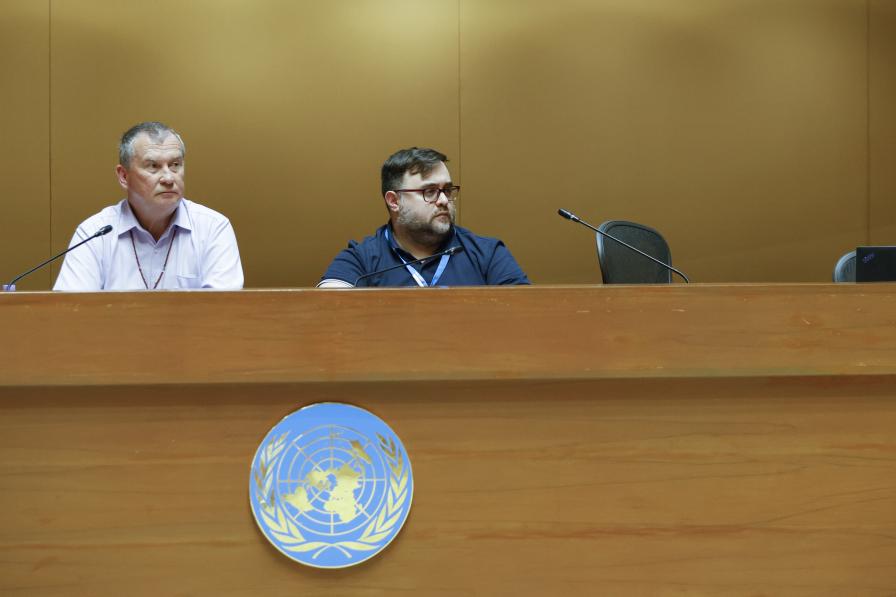
Patrick McInerney, Australia, and Juan Jose Galeano, Argentina, facilitating the contact group on a proposed baseline adjustment

